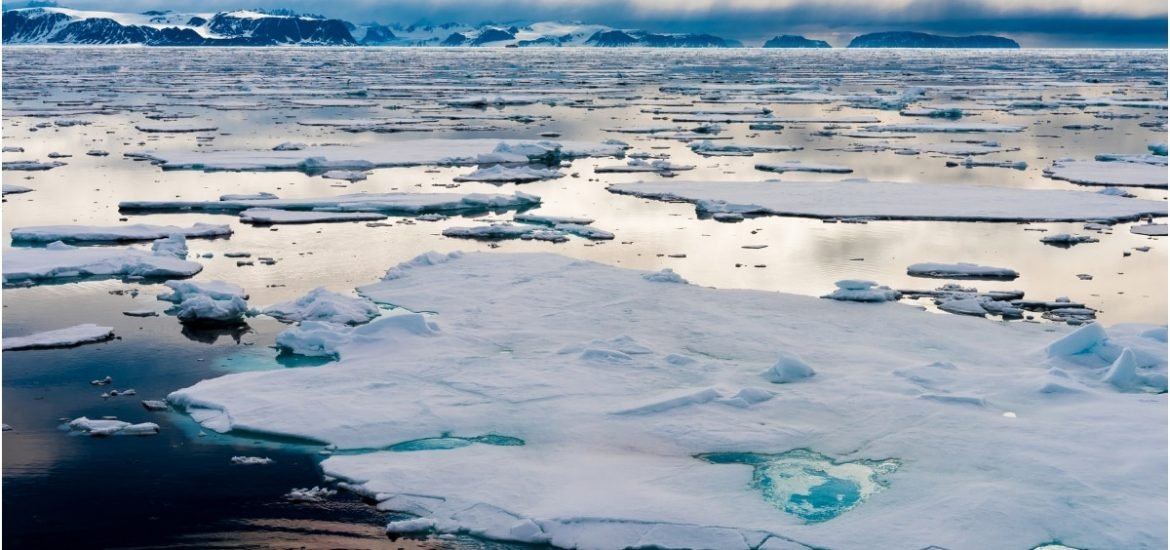
A new agreement signed in Greenland on 3 October has banned commercial fishing across much of the Arctic for at least the next 16 years. The international deal aims to protect vast areas of sea that have recently opened up as a result of climate change. Warming temperatures have led to the melting of polar ice caps that now make it possible in summer periods to access areas that were previously covered in ice. This year’s low levels highlight a clear trend of diminishing summer ice cover.
Nine nations including the EU, the US, Russia, Canada, Norway, Denmark, Iceland, Japan, South Korea, and China have signed the so-called Central Arctic Ocean agreement ― the outcome after several years of talks. A joint scientific programme has also been set up to monitor the area with the main aim of determining how ecosystems of the Arctic are changing. Depending on the research results, the moratorium will continue to be extended every five years.
Overfishing has led to dwindling fish stocks in traditional fishing hotspots and climate change has caused certain fish populations, including cod and halibut, to move further north as lower latitudes warm; therefore, there is a risk that as the ice melts, commercial fishing fleets will start moving into the Arctic region. Commercial fishing is not taking place yet but some companies are starting to explore the area. In August, a Danish shipping company, Maersk, sent the first container vessel through an area which had until this year been frozen.
It is hoped the pact will bring international oversight to the Arctic and help the people living in the region, including their claim to the natural resources that may one day become available. The agreement is aimed at preventing the exploitation of fish stocks and the accompanying pollution and damage that often accompanies large-scale commercial fishing. The prospect of oil drilling ― which could significantly disrupt the already fragile ecosystem ― is another cause for concern.
Former US ambassador for oceans and fisheries David Balton, who was involved in the negotiations, told Pew Charitable Trusts, an NGO, “There has been a lot of work in the last decade to try to strengthen various regimes of governance and to improve international cooperation about the Arctic.” He adds, “Is there more that we need to do to improve Arctic governance? That will be a key question.”
The Arctic is warming twice as fast as anywhere else on the planet and this is leading to unprecedented and highly complex changes. Scientists predict that the drastic decline in both summer and winter sea ice will affect the weather patterns across the entire globe, as well as ocean circulation. This historic agreement essentially hands over the Arctic to scientists in the hopes of better understanding these changes. The research will also help to determine when commercial fishing may be viable and the best way to manage it. According to Balton, “changes in the range and migration of fish stocks and other fauna moving up into the Arctic could affect the decision about when and how to launch commercial fisheries in the future.”